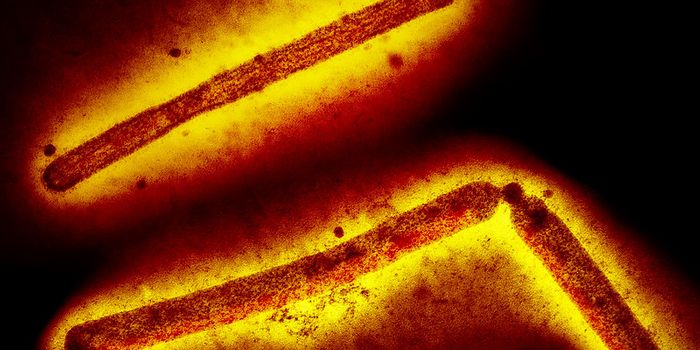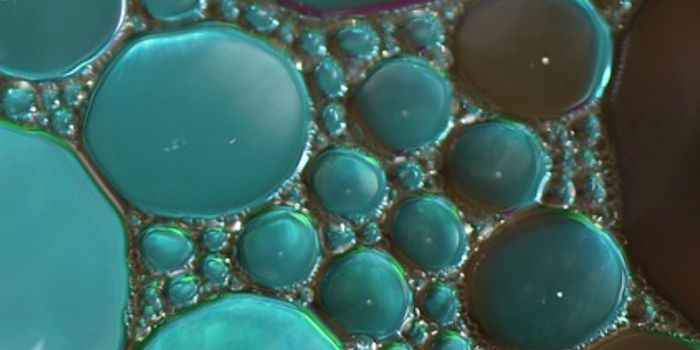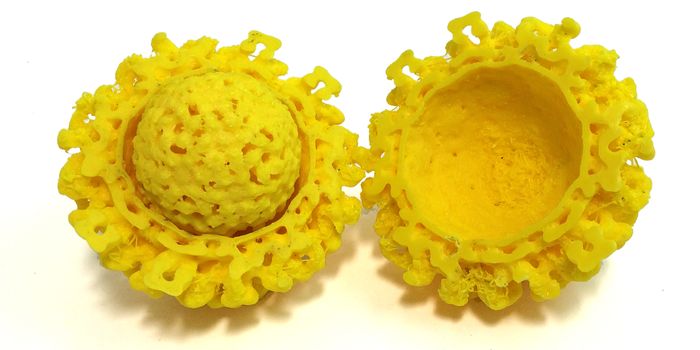Cannabidiol has a Powerful Antimicrobial Effect
Cannabis plants produce at least sixty different cannabinoid compounds, which have different effects. THC may be the most well-known because of its psychoactive properties, while cannabidiol is recognized for its medicinal effects. CBD has been approved by the Food and Drug Administration (FDA) for the treatment of epilepsy and may be useful in treating other neurological disorders. Limited research has also suggested that CBD has an antimicrobial impact.
Now scientists have investigated further and determined that CBD can effectively fight Gram-positive bacteria, which include the pathogens that cause Staph infections and pneumonia (bacteria can be broadly classified as Gram-positive or -negative based on their cell walls). The potency of CBD was comparable to some approved antibiotics, like vancomycin and daptomycin. The findings have been reported at the annual meeting of the American Society for Microbiology.
"Given cannabidiol's documented anti-inflammatory effects, existing safety data in humans, and potential for varied delivery routes, it is a promising new antibiotic worth further investigation," said the leader of the research Dr. Mark Blaskovich of The University of Queensland's Institute for Molecular Bioscience's Centre for Superbug Solutions. "The combination of inherent antimicrobial activity and potential to reduce damage caused by the inflammatory response to infections is particularly attractive."
Dr. Blaskovich worked with Botanix Pharmaceuticals Ltd, a company that is trying to develop topical therapeutics that are based on synthetic cannabidiol. The investigators were interested in treating skin conditions and learned that CBD was good at destroying a wide range of Gram-positive bacteria, including drug-resistant microbes. The work suggested that CBD would not lose potency over time, either.
That may be an important characteristic; drug-resistant pathogens are predicted to become more common, and clinicians have to look for new ways to treat infections. When CBD was tested under conditions in which microbes that developed resistance to vancomycin or daptomycin, the CBD was different - it remained useful. It was also able to disrupt tenacious bacterial biofilms, which can allow bacteria to survive through challenging conditions.
Learn more about CBD from the video.
Sources: AAAS/Eurekalert! via American Society for Microbiology









